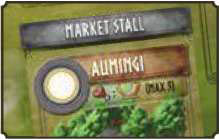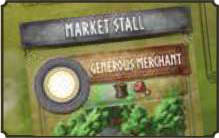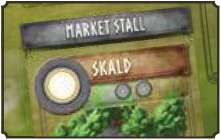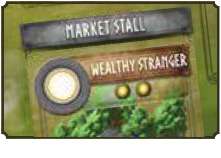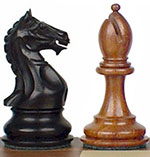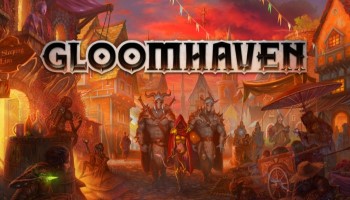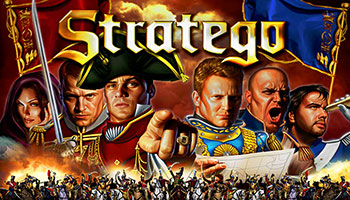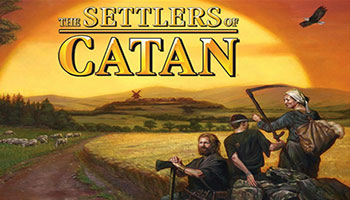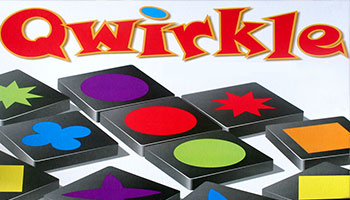
-

Rival cost: 0 thaler, number: 1
The player announces his desire to take the throne. He is the challenger in the up-coming Emperor election.
When a player takes the »rival« action card, phase IV is over for him; he may take no more action cards in this round. The current Emperor may not take the »Rival« action card.
-
Doctor cost: 1 thaler, number: 4 players: 3 - 3 players: 2 - 2 players: 1.

The player reduces the life stage of one of his aristocrats (turns it 90° in counter-clockwise direction) or increases the life stage of one of his opponents aristocrats (turns it 90° in clockwise direction). …





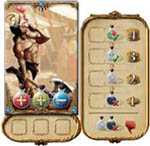


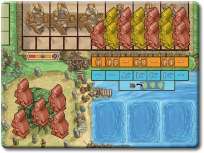
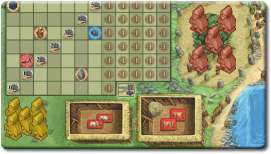









 button. Please enter this four-letter code: DEMO.
button. Please enter this four-letter code: DEMO. button and scan these two cards with the camera: …
button and scan these two cards with the camera: …

